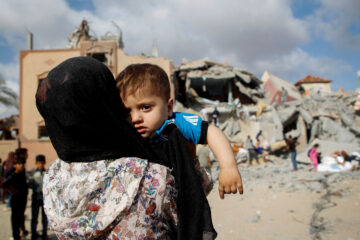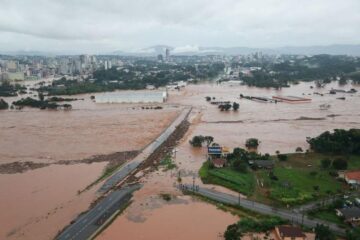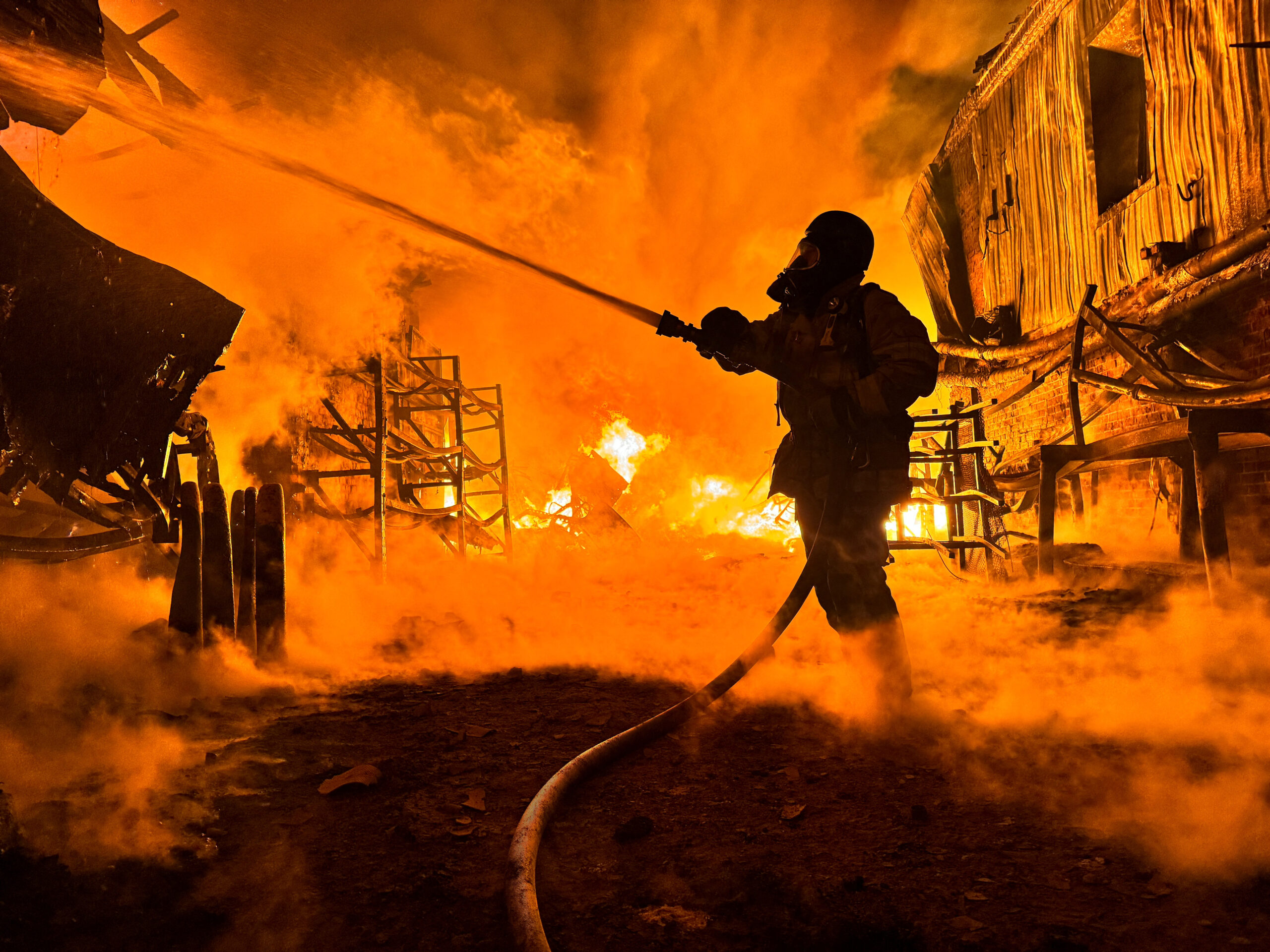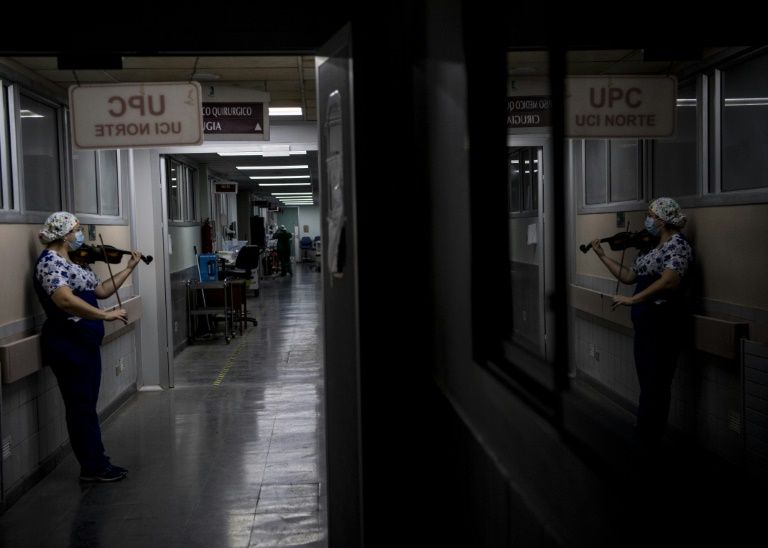Syria talks invitations sent as regime advances on rebels
The United Nations on Tuesday sent out invitations to new Syria peace talks in Geneva this week, as leading opposition representatives debated whether to attend.
The invitations went out as regime forces backed by Russian warplanes seized a rebel town in southern Syria, in their latest victory since Moscow began an aerial campaign in late September.
UN Syria envoy Staffan de Mistura\’s office said it had issued invitations to the talks, which are scheduled to begin on Friday, but without saying who had been invited.
The talks have already been delayed from their scheduled start on Monday over who will represent the opposition.
The High Negotiations Committee, a body representing key opposition groups and factions, insists it should be the sole opposition delegation.
But several opposition figures who do not belong to the body told AFP on Tuesday they had been invited to the talks.
The HNC met in Riyadh to debate whether it would attend, with a source close to the meeting confirming the body had received invitations to Geneva, but discussion on whether to participate was ongoing.
"The response will be a request for clarifications and not an acceptance or rejection," he told AFP, adding that the body wanted to know who else had been invited and under what terms, as well as what would be discussed.
HNC member Salem al-Meslet said the group would resume talks on Wednesday, adding that the "climate is positive".
The HNC will also "ask tomorrow for clarifications (from the UN) concerning some issues, particularly humanitarian issues", he said.
A statement from the HNC said it insisted on "the need for an improvement on the ground to pave the way for the negotiating process", including lifting sieges and aid deliveries.
Several opposition figures who are not part of the HNC said they have been invited.
"I am on my way to Geneva after receiving an invitation," said Qadri Jamil, a former deputy Syrian premier who was sacked in 2013 and has good ties with Russia.
And Haytham Manna, a longstanding opposition figure who is co-chair of the political wing of a Kurdish-Arab alliance, also said he had been invited.
"I received an invitation to participate in the talks as a negotiator," he told AFP.
Syria\’s most powerful Kurdish party, the Democratic Union Party (PYD), said it had not yet received an invitation.
Saleh Muslim, the leader of the Kurdish PYD party, has not received an invitation to the U.N.-mediated Syria peace talks in Geneva and is not aware of any Kurdish representatives getting an invitation, he said on Tuesday.
"Of course we would sincerely like to join, and also we think that if we don’t join it, this Geneva 3 will fail as happened in Geneva 2, where they excluded some sides," Muslim told Reuters.
"Of course we are representing a large number of people on the ground… so by excluding us they are not doing well for a political solution."
The PYD is not part of the HNC, and leading opposition backer Turkey has said it will boycott the talks if it is invited.
Ankara considers the party and its armed wing to be an offshoot of the banned Kurdistan Worker\’s party (PKK), which has waged a bloody insurgency in the mainly Kurdish southeast of Turkey since 1984.
"There cannot be PYD elements in the negotiating team. There cannot be terrorist organisations. Turkey has a clear stance," Turkish Foreign Minister Mevlut Cavusoglu said Tuesday.
But earlier, Russia\’s Foreign Minister Sergei Lavrov warned that the talks "cannot achieve the results we want, a definitive political resolution in Syria", if the PYD is excluded.
French Foreign Minister Laurent Fabius said there were "very difficult questions to resolve about the composition of the delegations" at the talks.
But he insisted that "there is one simple rule, one party cannot demand the make-up of another delegation".
– Regime takes rebel town –
The talks in Geneva are the latest international attempt to end Syria\’s conflict, which has killed more than 260,000 people since it began with anti-government protests in March 2011.
They are part of a UN-backed plan agreed last year that envisages negotiations, followed by the creation of a transitional government, a new constitution, and elections within 18 months.
Delegations are expected to engage in "proximity talks", rather than face-to-face discussions, which will run over six months.
The first round is expected to last between two and three weeks.
Syria\’s regime has designated its UN envoy Bashar al-Jaafari as its chief negotiator, with its deputy foreign minister heading its delegation.
Government forces have made several key military gains in recent weeks, as Russian air strikes in support of regime troops bears fruit.
On Tuesday, the army backed by pro-regime militiamen, including from Lebanon\’s Hezbollah, took the rebel town of Sheikh Miskeen in southern Daraa province.
The town lies on a vital crossroads between Damascus to the north and the government-controlled city of Sweida to the east.
Its capture is expected to sever a key rebel route to areas under opposition control around the capital.
Also on Tuesday, 29 people were killed in a double suicide bombing claimed by the Islamic State group in a government-held district of central Homs city.
SOURCE: AFP and Reuters
[do_widget_area inner_adsbar]











